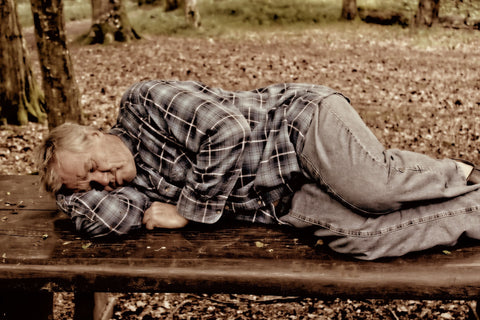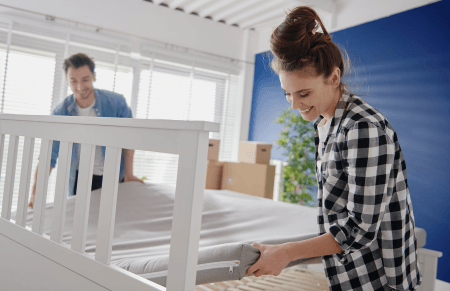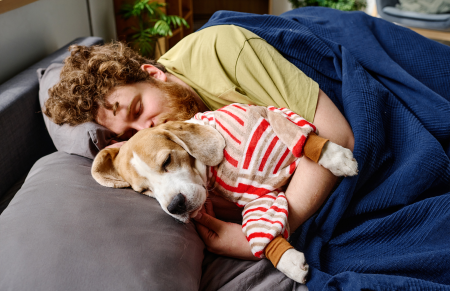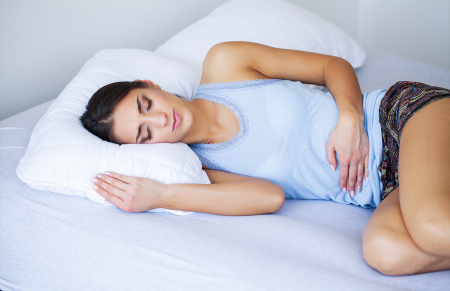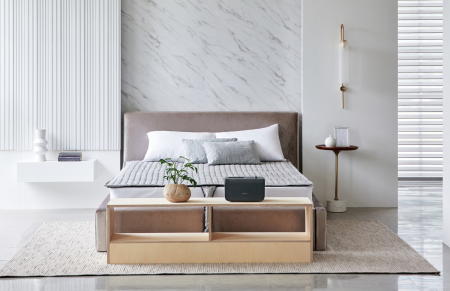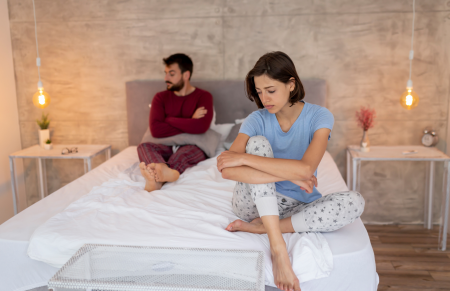We all know that proper sleep is essential for overall health. In a previous blog post, we discussed how beneficial sleep is for the proper function of the immune system. But did you know that getting adequate sleep isn’t just great for keeping your immune system at its best? It can also lower your risk of dementia.
Sleeping difficulty
Getting a poor night’s sleep is a common problem among Americans. After all, there are many reasons and factors for inadequate sleep: stress, anxiety, work, chores, sleep disorders, among others.
In fact, approximately one-third of Americans do not get proper sleep a few nights every week. And as you already know, sleep deprivation comes with a slew of adverse effects on your overall health, and those who do not get adequate sleep are more likely to suffer from chronic illnesses, brain diseases included.
The science behind sleep and dementia
Several studies and expert advice are suggesting that insufficient sleep is a risk factor for dementia. Here’s what science tells us about the correlation between sleep and dementia:
After studying more than 2,800 adults (ages 65 and older), researchers at Harvard Medical School found out that individuals who sleep fewer than five hours every night had twice the risk of developing dementia compared to those who had six to eight hours of sleep per night. The study also concluded that those who took over 30 minutes to fall asleep possessed a 45% higher risk of having dementia.
Another set of researchers in Europe studied 8,000 individuals and found out that older adults (ages 50 to 70) who spend fewer than six hours of sleep every day had a 30% higher risk of developing dementia than those who complete seven to eight hours of sleep.
Dr. Oscar Chien, MD also talked about the impact of lack of sleep on our overall health. According to him, prolonged sleep deprivation can impair your brain and may even lead to Parkinson’s disease, amnesia, and Alzheimer’s disease.
The doctor also discussed how it weakens the immune system, “The weakening of immunity will gradually be felt. Some people will ignore it at first, and assume they have allergic symptoms. But eventually, they will notice that they often catch colds and often have wound infections, and even their skin will begin to change.”
How to sleep better at night?
The good news is you can lower your risk of dementia by getting adequate sleep every day. For instance, if you only sleep less than five hours a day because you’re busy working, you may want to restructure your schedule and allot at least seven hours of your time for sleep. And while increasing your sleeping hours sounds like a great idea, resting beyond the required number of hours may result in poor sleep the following day.
Here are some tips to help you get a good night’s sleep:
Follow a sleeping schedule
Come up with a sleep schedule of the same bedtime and wake-up time every day. Lower your exposure to light a few minutes before bedtime.
When you’re exposed to light, your brain automatically starts producing melatonin, also known as the sleep hormone, making you feel more alert and awake.
Quit unhealthy habits
Inadequate sleep may be a risk factor for dementia, but so are excessive smoking and alcohol use. Smoking increases the risk of developing sleep problems like sleep apnea. On the other hand, science says that alcohol can disrupt the production of melatonin in your brain. As a result, alcoholic people don’t sleep well and wake up the next day not feeling well-rested.
Smokers are at higher risk of developing vascular illnesses, which can cause the increased dementia risk.
Exercise regularly
Get regular exercise to reset your internal body clock.
Staying active during the day supports your internal clock, making it easier for you to fall asleep at night. Likewise, regular exercise promotes better melanin production.
Sleep comfortably
If you’ve tried all the tips but you’re still missing out on sweet dreams, it might be time to consider replacing and purchasing new additions to your bed. Flat pillows should be replaced, especially if they’re causing you neck and back pains in the morning.
Adding a heated mattress pad can also be an excellent way to add comfort, warmth, and therapeutic relief to your bed. Some of Navien Mate’s heated mattress pads are guaranteed to improve the quality of your sleep without costing you an arm and a leg. Make sure to check them out!
Resources:
https://www.webmd.com/sleep-disorders/features/having-trouble-sleeping
https://stanfordhealthcare.org/medical-conditions/brain-and-nerves/dementia/risk-factors.html
https://www.healthline.com/health/healthy-sleep/how-to-fix-sleep-schedule#get-daily-exercise
https://www.piedmont.org/living-better/how-does-alcohol-affect-your-sleep

